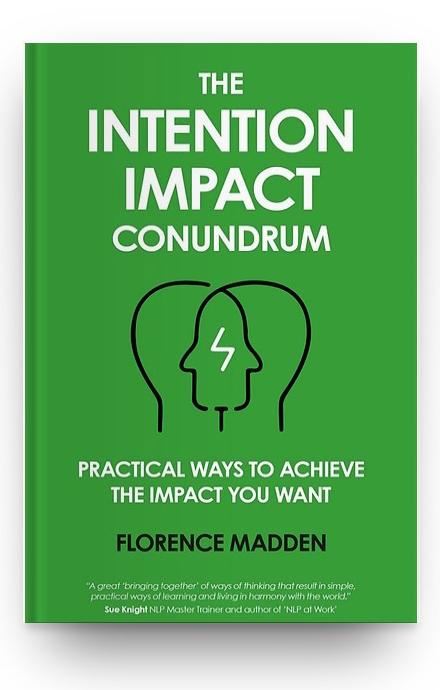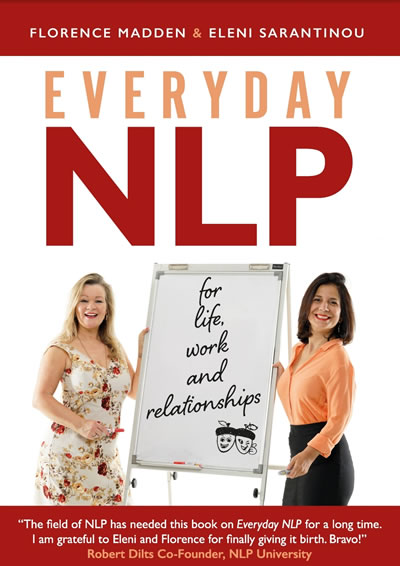Transitioning Back To Work After Lockdown – Survey Results !
By Florence Madden
Introduction
I have surveyed a number of organisations now on the issue of ‘Transitioning Back to Work’ following the easing of lockdown restrictions and what will be the ‘new normal’ in the workplace. I am still receiving replies, but what follows is based on information I have received so far from a range of organisations.
The questions they were asked were:
- Have you or any part of your business had staff on furlough or working from home? Rough percentage?
- How do you expect your workplace to ‘look’ after the pandemic (e.g., everyone back in the office 5 days? Part time in the office?)
- What issues are you expecting in terms of people working together again face to face?
Staff on Furlough/Working from Home
There was a wide variation here from different organisations as you might expect. For office-based roles there was 75%-100% working from home. Some companies have been asking staff to ‘book’ a space in the office when they plan to come in.
Manufacturing and servicing roles have been working relatively normally.
How The ‘New Normal’ Workplace Will Look?
The expectation is that for most office-based roles there will be a 3/2 days split between home and office work – with some organising this on a rota basis. Some thought it might be 100% home working in their organisations. Other expected changes are:
- Less travel to meetings
- More virtual meetings/conferences
- Limiting numbers in face-to-face meetings
- Reducing numbers of desks – introducing ‘hot desking’
- Possible closures or downsizing of office space
- Designated areas in the office for ‘Zoom/Team’ calls to avoid disturbing others
- More flexible start/finish times
- More geographically spread workforce where there is less need to be ‘in the office’
Possible Issues Arising?
The issues with any change broadly follow the same pattern, whether the change is a welcome one or not, or whether those involved can see the logic or not. In effect change creates sometimes unexpectedly strong emotions that are likely to require careful management.
The issues identified were:
- Whilst some people are relieved to get back into the workplace others are nervous or anxious:
- New team members who were recruited in the last year
- Those concerned that customers/colleagues will not follow social distancing rules
- Possible issues between those taking the vaccine and those not
- Old workplace relationship issues resurfacing
- Simply working around others again after so long working alone
- Travel time and costs
- Losing work-life balance: for some this may mean less time with family on the days when back in the office, although for others working from home on a permanent basis may mean unclear hours of work.
- For managers the challenge of getting staff back into the office*, as well as managing and training them effectively remotely.
- ‘Hot-desking’ may well be a hot issue for those who are used to their own things in their own space !!
Other Issues include:
- Diminished support networks for childcare through grandparents continuing to shield or holiday clubs not operating
- Difficulties of training/supporting staff, especially less experienced staff who may be reluctant to ask for help
- Working between the office and home necessitating carrying files and laptops between two workplaces.
- Possible IT issues when working between the office and home.
- Staff canteens no longer viable.
- Missing out on travel abroad for work.
- Where geographic location is no longer significant there is a double-edged sword: areas like Cumbria can recruit from further afield, but this also means that for those living in Cumbria this may wider their work opportunities, meaning a potential loss to those Cumbrian based businesses.
Ideas to Tackle Issues Raised
Where a partial or full return to the office is on the cards, as well as the practical and logistical considerations of office layout, IT support and setting up rotas for office working, it will be important for organisations and managers to consider the effects on teams and the emotions that may arise.
This may mean:
- One to one conversations to establish how individual team members are viewing the change and issues that may arise for them.
- Team sessions to re-establish relationships – this could be facilitated in-house, or something I am happy to help with.
- Checking In with team members when any rota/hot desking system is up and running to deal with niggles or unforeseen problems.
- *HR Advice – for all the reasons set out above it may not be quite as simple as just telling staff members they are now back in the office for all or part of the week. So for those who do not have a dedicated HR department it may be a good idea to seek advice where you anticipate or have already come across some resistance. See Appendix 1 for more help on this.
For managers, in particular, settling themselves and their teams into this ‘new normal’ and having some potentially tricky situations to handle, it may be a good time to think about developing their skills for managing themselves and others.
How I Can Help
Bespoke Programmes:
I can run courses on the whole range of managing skills and can put together bespoke management /leadership programmes to address the specific needs of your organisation.
Other Options:
In addition, I offer:
- One to one Coaching
- ‘Open’ courses to develop management and interpersonal skills:
- Personal Effectiveness At Work – handling yourself and others in the workplace.
- NLP Business Practitioner – developing skills to manage your impact on others, effective influencing and getting the best from yourself and others.
- NLP Coaching Diploma – how to coach others effectively formally or informally
- Advanced Coaching Skills for Executive Coaches – further skill development for those already trained as coaches, or who want to coach at more senior levels.
You can access dates and details of my courses on my website www.florencemadden.co.uk
- My Books:

The Intention Impact Conundrum based on my Personal Effectiveness at Work course http://www.florencemadden.co.uk/IntentionImpactAmazon

Everyday NLP which forms the pre-course reading for my NLP Business Practitioner
http://www.florencemadden.co.uk/EverydayNLPAmazon
- My Podcasts – available on the usual audio channels and YouTube:
Impact Effectively!
https://anchor.fm/impact-effectively
https://bit.ly/3e6OkWL
Everyday NLP Bites
https://lnkd.in/e8hKXGj
https://bit.ly/3e6OkWL
And of course, I am happy to talk any of these options through without obligation!
Contact me on [email protected] or 07732 695838
Appendix 1: Some Advice from Bibian McRoy of BreakAway HR
As an employer in these unprecedented times, it can be difficult to determine what the right way forward is for your business. Enabling flexible working will likely increase your ability to attract and retain talent you so desperately need in your business but for some roles the employee is absolutely required to be in the office. You will likely have the scenario that some staff want to return to the office as soon as they can, others will want to continue working from home full-time and some will want a mix of the two. Added to this all employees now have the legal right to request flexible working, not just parents and carers.
So how do you harness the benefits of supporting a blended workforce whilst avoiding cries of ‘it’s not fair!’ ?
As an employer you must deal with requests in a ‘reasonable manner’ which includes assessing the advantages and disadvantages of the application, holding a meeting to discuss the request with the employee, and offering an appeal process. If you reject the request it must be for one of the business reasons as set out in the legislation. To achieve a smooth transition:
- Take time to set out your process for considering requests now including the business needs which need to be met
- Communicate the process and ensure a consistent approach is adopted by your managers.
Taking a proactive approach to managing the transition out of lockdown will positively support employee retention, increase loyalty and will reduce the potential for claims.
If you need advice on how to manage this for your business, please get in touch with me, Bibian McRoy, at [email protected] or on 07787 961172.




